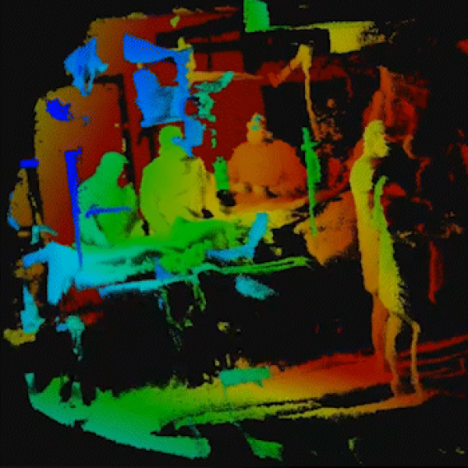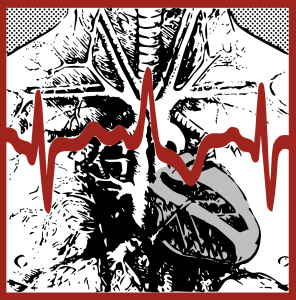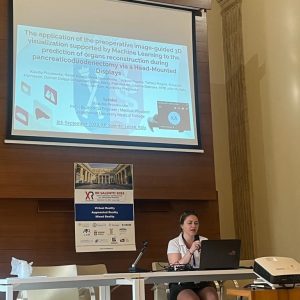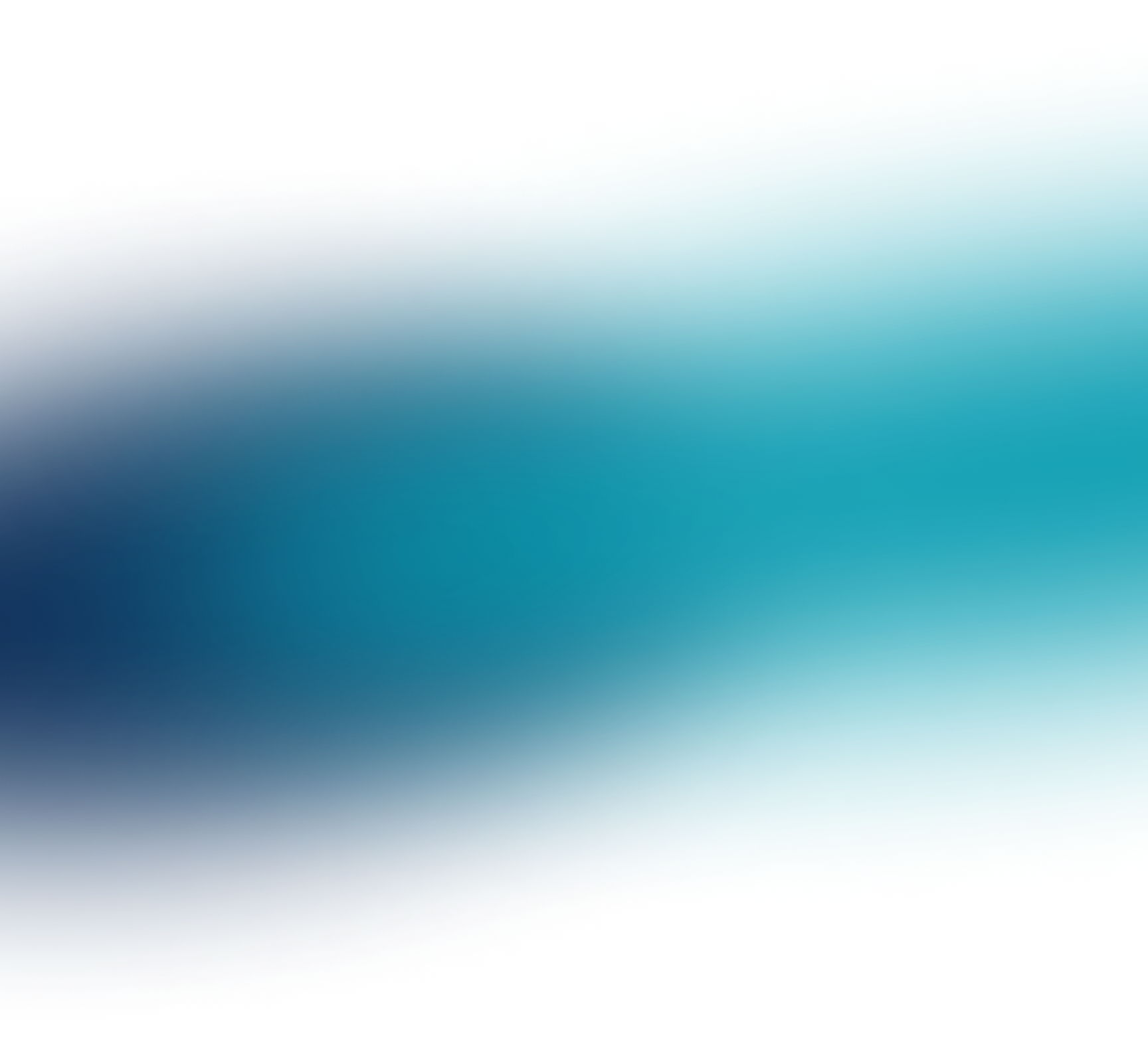HoloMed
Holographic MedAssistan
3D operating room with unlimited perspective change and remote support



Stages of
the project


A. Configuration of test environment, development and implementation of spatial recording/playback system
B. Test environment configuration, development and implementation of virtual patient record application system
C. Sample data set selection and first iteration of segmentation algorithm
D. Configuration of the research environment and preparation of the database and server for data transfer


Project sponsored by LIDER program organized by National Centre for Research and Development


Meet
our team
The core team of 4 people is supported by external consultants


Check out
our news


Winning of The Gary and Bill Sanders Poster Awards
Klaudia Proniewska is among the winners of The Gary and Bill Sanders Poster Award, a prize awarded since 1997 as part of the Computing in


XR Salento 2023 conference
From September 6th to 9th, 2023, in Lecce, Italy, an International Conference on eXtended reality, XR Salento 2023, took place. The event also included the

The results
of our research

The Application of Mixed Reality in Root Canal Treatment
Damian Dolega-Dolegowski, Magdalena Dolega-Dolegowska, Agnieszka Pregowska, Krzysztof Malinowski, Klaudia Proniewska
The results obtained show the huge potential of immersive technologies in supporting dental treatment, in particular endodontic procedures. The proposed solution enables a combination of the image, in fact, a 3D hologram, which is visible in Microsoft HoloLens 2 goggles with the enlarged image obtained in a surgical microscope. The plans include connecting the microscope’s video track with HoloLens 2 goggles, which would act as a receiver...
Advancements in artificial intelligence-driven techniques for interventional cardiology
Zofia Rudnicka, Agnieszka Pręgowska, Kinga Glądys, Mark Perkins, Klaudia Proniewska
This paper aims to thoroughly discuss the impact of artificial intelligence (AI) on clinical practice in interventional cardiology (IC) with special recognition of its most recent advancements. Thus, recent years have been exceptionally abundant in advancements in computational tools, including the development of AI. The application of AI development is currently in its early stages, nevertheless new technologies have...
Cardiac Healthcare Digital Twins Supported by Artificial Intelligence-Based Algorithms and Extended Reality—A Systematic Review
Zofia Rudnicka, Klaudia Proniewska, Mark Perkins, Agnieszka Pregowska
Recently, significant efforts have been made to create Health Digital Twins (HDTs), Digital Twins for clinical applications. Heart modeling is one of the fastest-growing fields, which favors the effective application of HDTs. The clinical application of HDTs will be increasingly widespread in the future of healthcare services and has huge potential to form part of mainstream medicine. However, it requires the development of both models and algorithms for the analysis of medical data, and advances in Artificial Intelligence (AI)-based algorithms have already revolutionized image segmentation processes.

Partners














